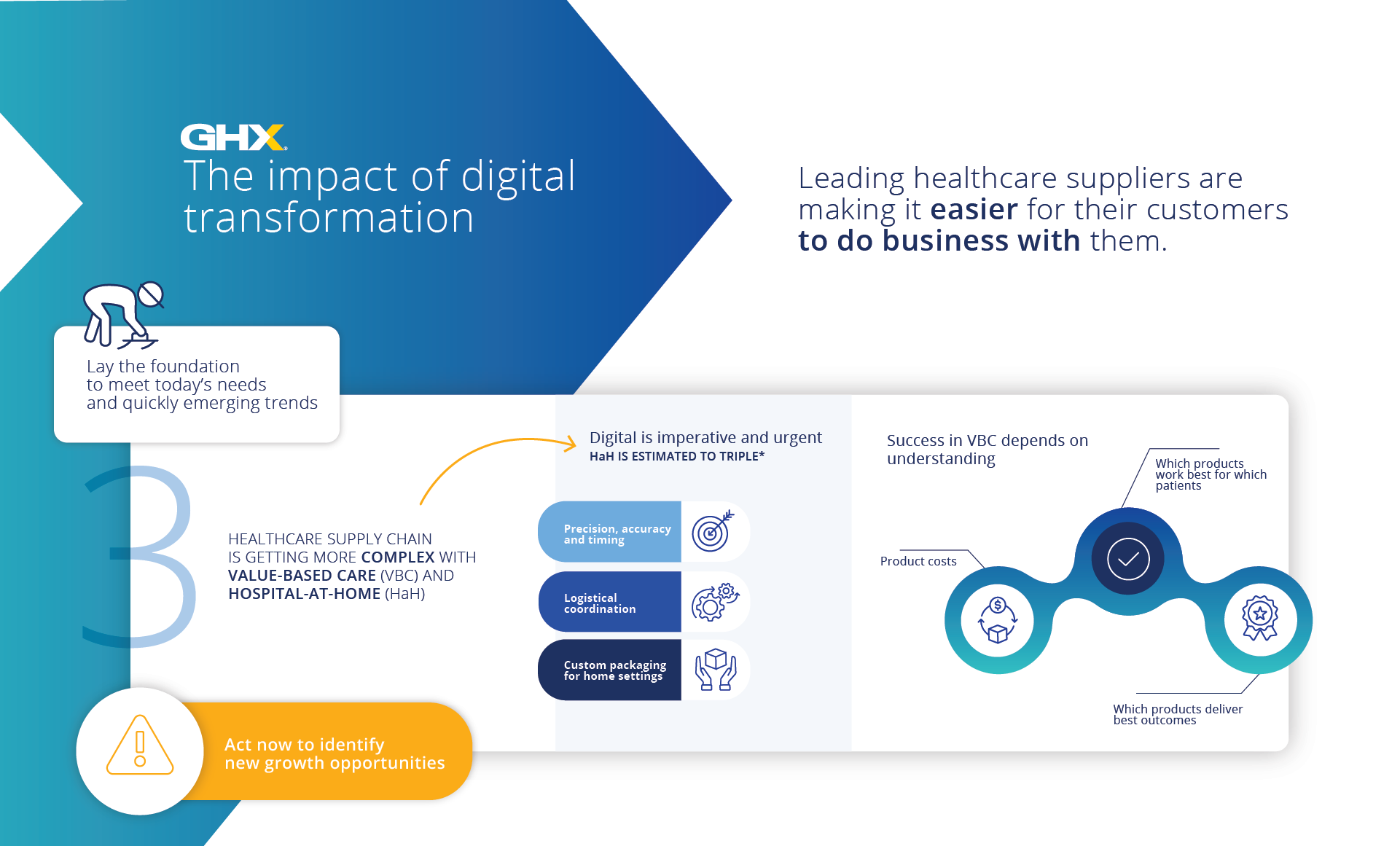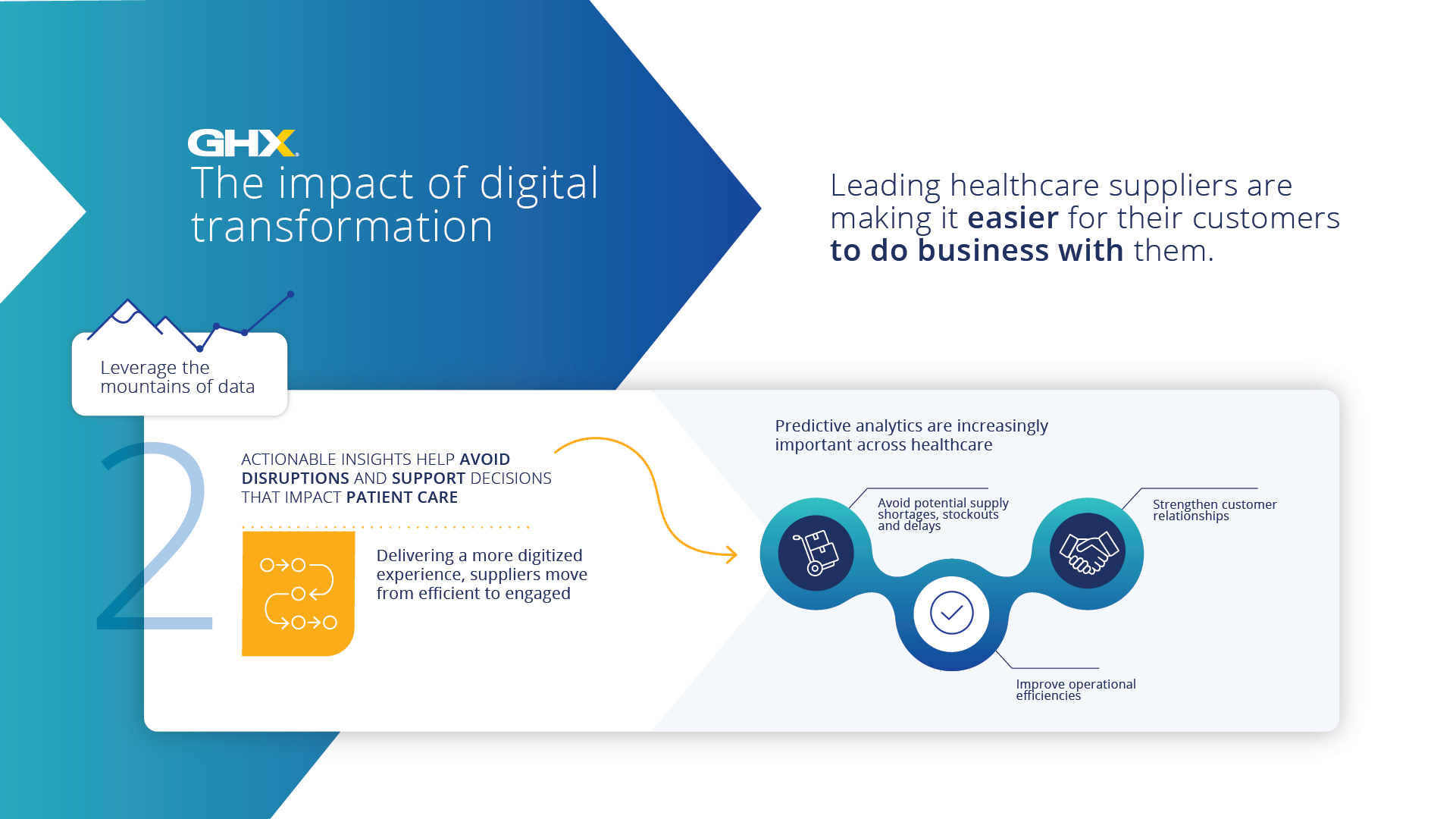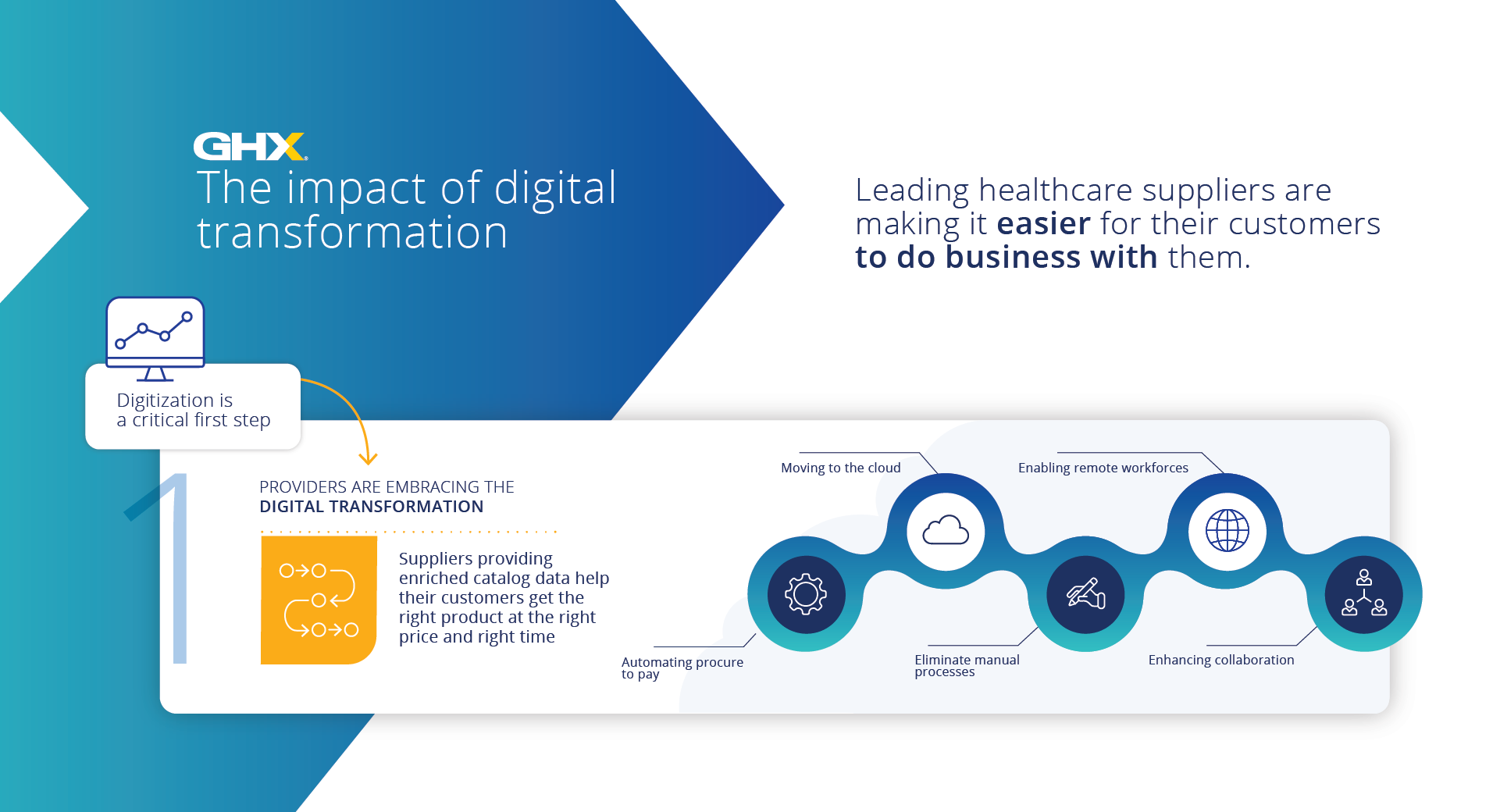How Data Supports Consignment Implant Order Automation
“Not to beat a dead horse but I’m going to say it again. It starts with your data. You’ve got to clean your house up—make sure everything is clean, contracts aligned, pricing loaded—and then you can build from there. If that's not right, it gets messy, a lot of back and forth, and nobody is going to be satisfied.” -Franco Sagliocca, Corporate Director, Supply Chain, Mount Sinai Health System.
After years of trying, health systems are successfully automating implant orders thanks to technology advancements, greater provider/supplier collaboration and the desire to find new ways to drive costs and waste out of the healthcare supply chain.
Read More

